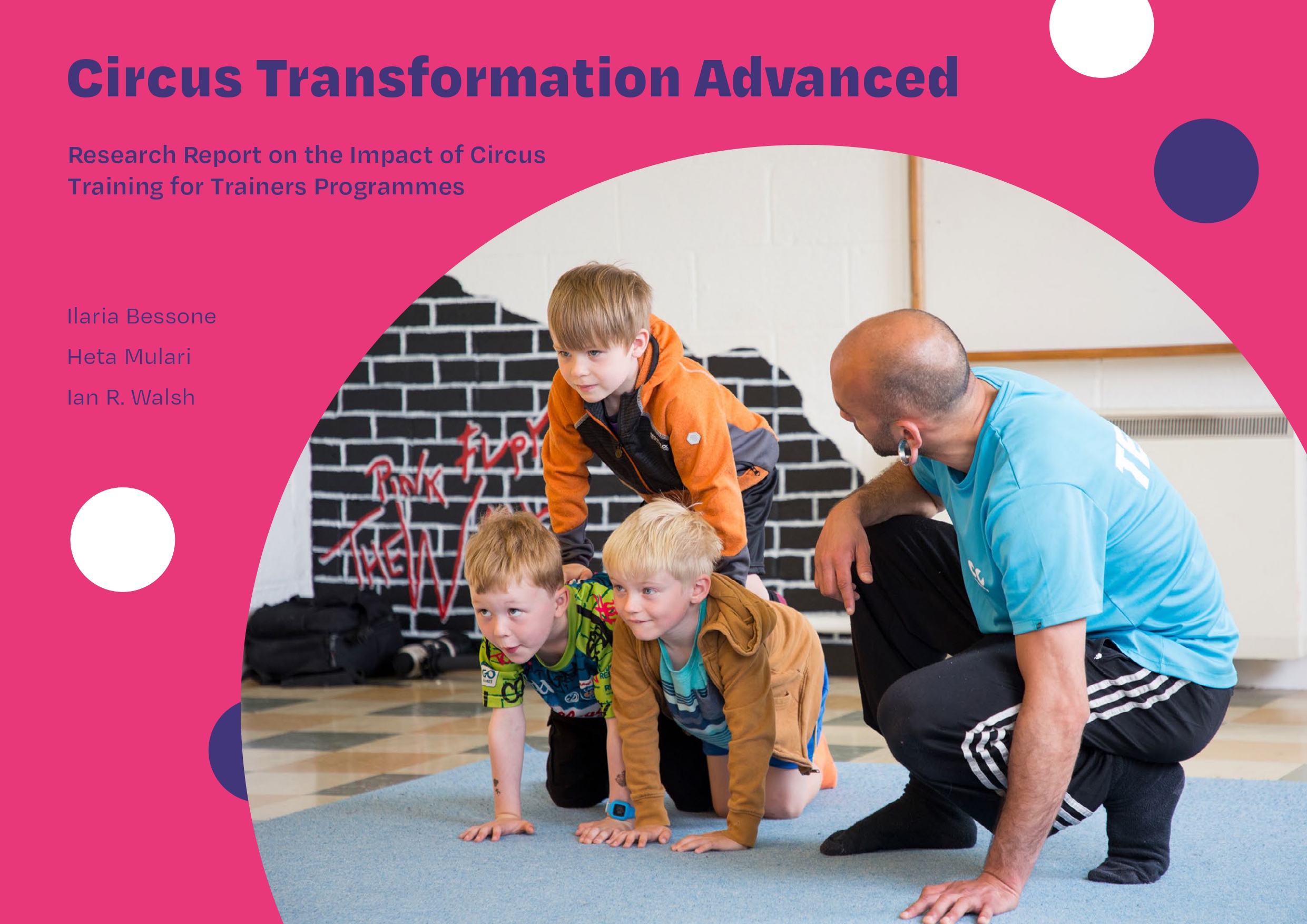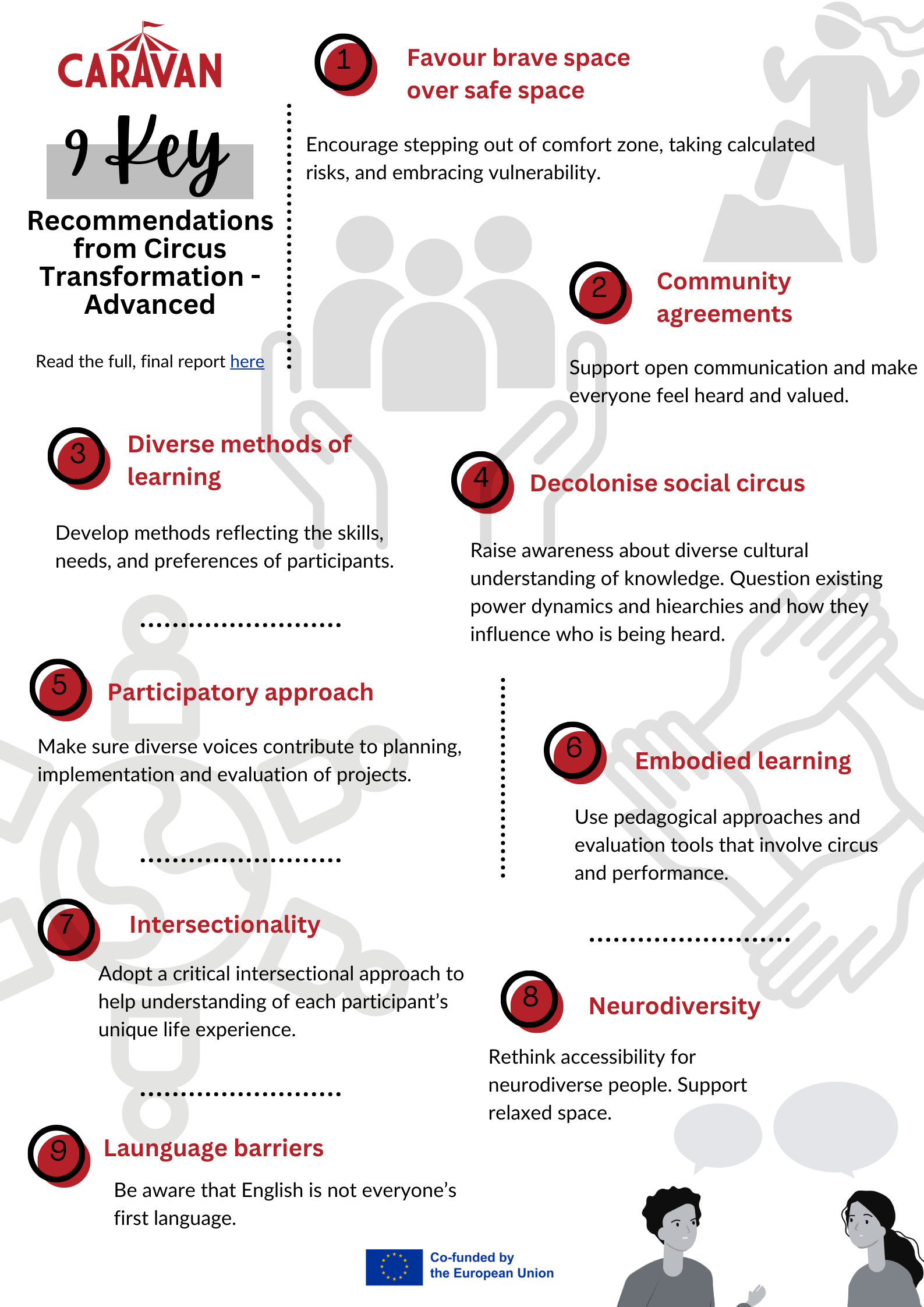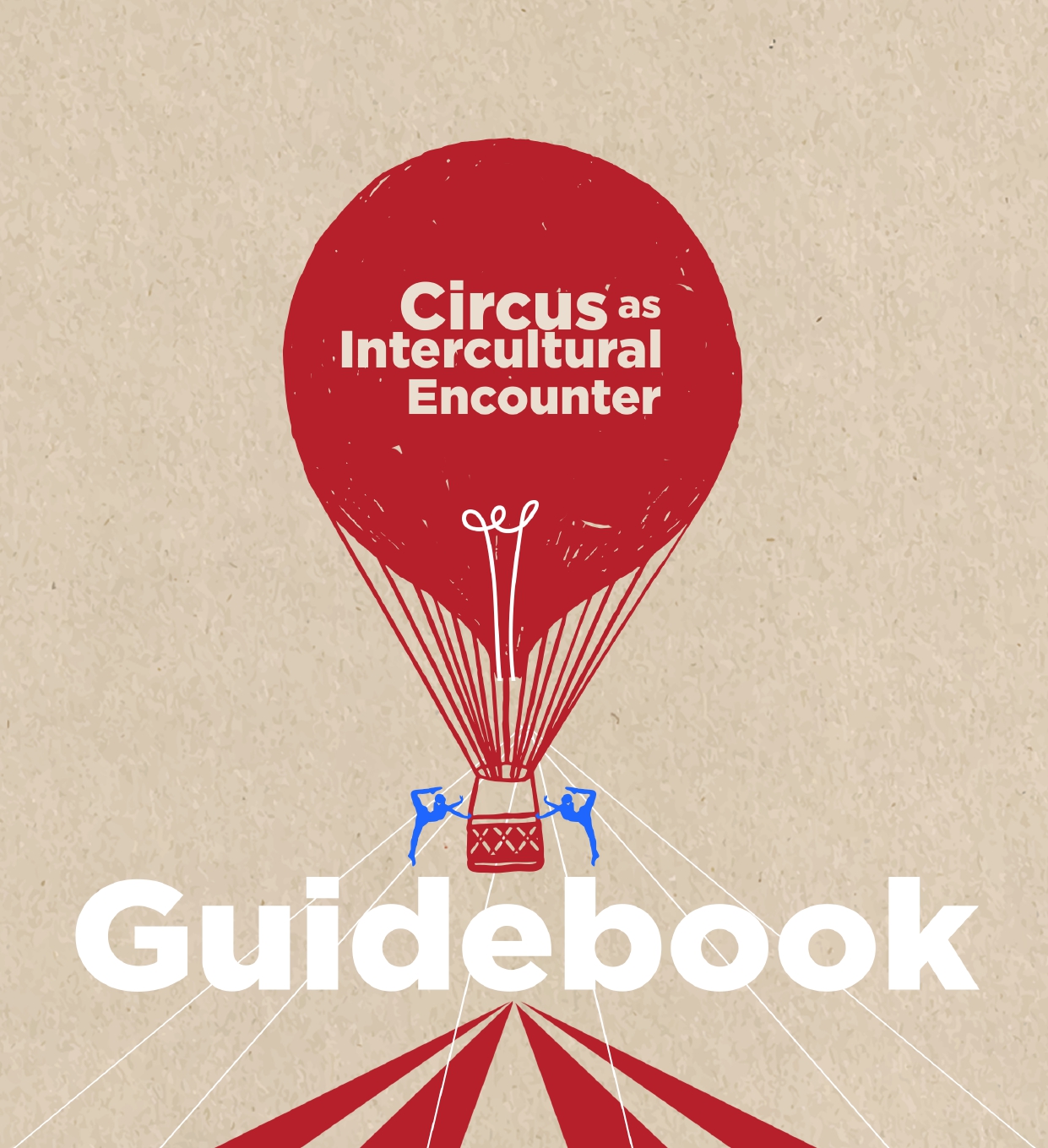Research
For over a decade we’ve been exploring and developing innovative pedagogical approaches to youth and social circus. Our research takes place in the field, along with strong academic methodology.
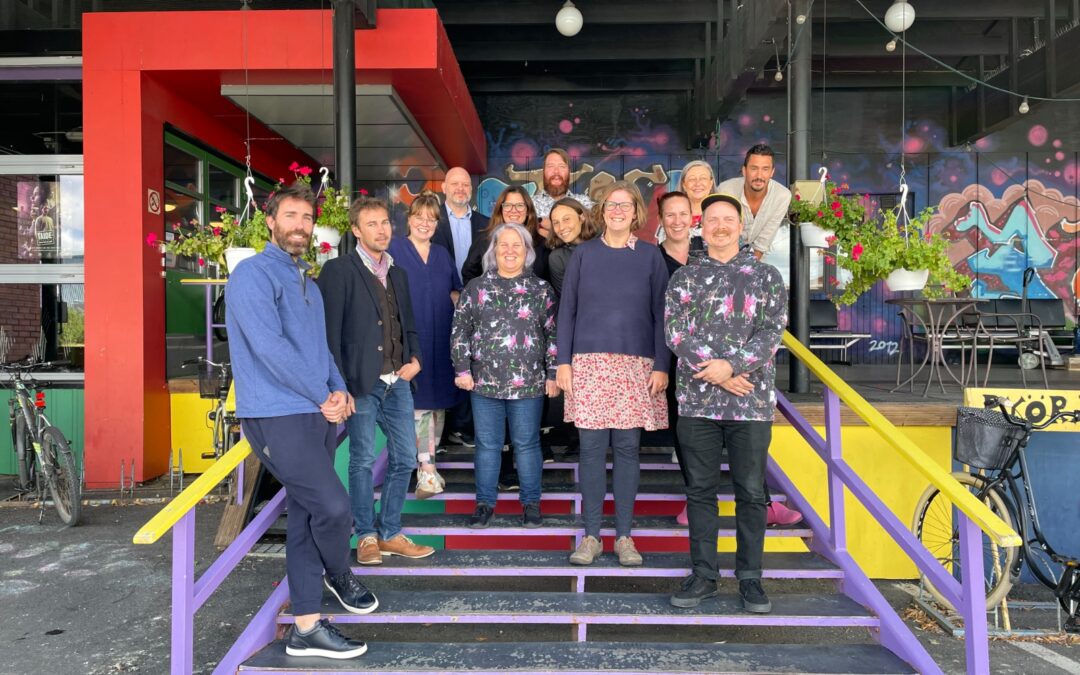
Circus Transformation Advanced
The final report is HERE!
To read the final report, with all of the findings from the CTF Advanced project, click the photo below!
What is CTF Advanced?
CTF Advanced is a 2.5 year project led by Sorin Sirkus with the objectives to:
- form a network (both local and European) of youth circuses, social circus trainers, social work organisations and institutions as well as youth work organisations
- evaluate CTF 4 to 6 from the data collected and by interviewing trainers and organisers
- update the CTF Guidebook according to the evaluation
- plan a follow-up strategy and peer network for social circus trainers who have gone through CTF (total 120 persons after CTF 6).
The whole project extends from March 2022 to June 2024 (28 months)
Timeline
There will be two transnational meetings in Finland, and four learning & teaching activities . Four results/intellectual outputs will be developed by the end of the project.
- Sept 2022 – Kick off Meeting
- Nov 2022 – Workshop 1 – Prague
- Feb 2023 – Workshop 2 – Stockholm
- March 2023 – BIG Meeting – Galway
- Oct 2023 – Workshop 3 – Italy
- Feb 2024 – Conclusion Meeting
Workshop 1 - CIRQUEON (22 & 23 Nov 2022)
Workshop 2 - Cirkus Cirkör (16 & 17 Feb 2023)
Day one was centered around presenting the latest research findings and working in focused groups to discuss the development of affiliate networks and pedagogical practices. These sessions allowed for in-depth discussions on how to improve the CTF program and better integrate the contributions from various partners. Day two focused on reflecting on the impact of CTF cycles, with an insightful workshop led by Ian Walsh. The event concluded with the planning for the upcoming third workshop in Galway, ensuring continuity in the project’s development.
BIG Meeting - Galway Community Circus (27 - 31 March 2023)
The primary goal of the meeting was to gather feedback on all project outputs and to work closely with participants to ensure that the CTF program continues to evolve in line with the needs of trainers and the youth they serve. The discussions revolved around the research findings from previous CTF cycles, and participants were encouraged to provide their insights on how the program could be improved. There were several workshops designed to reflect on the impact of social circus on marginalized youth, with a particular emphasis on personal development, inclusivity, and social integration.
The research team used participatory research methods in the workshops, including creative and embodied practices, to capture the participants’ personal and professional experiences. These interactive sessions, which included drawing, storytelling, and physical exercises, allowed the researchers to gather deeper insights into the CTF program’s impact. Throughout the meeting, participants contributed actively to shaping the future of the CTF program, while also providing valuable data for the research report. The event served as both a reflective space for participants and an opportunity for the project team to move forward with evidence- based improvements.
Participants were also given the opportunity to contribute to the development of new training tools and methodologies. The workshops included practical exercises, as well as focused group discussions, where trainers and participants shared their experiences and lessons learned from the field.
The Big Meeting also provided a platform for evaluating the entire CTFA project. Participants reflected on their experiences throughout the project, discussing both the successes and the challenges encountered. The sessions focused on how CTF had impacted their professional development and how the networks formed through the CTFA project would continue to benefit them in the future. There was a strong sense of collaboration and commitment to carrying the lessons learned from this project into future initiatives.
Workshop 3 - Altro Circo (26 & 27 October 2023)
A major focus of the workshop was the ongoing evaluation of the project’s key outputs, especially the research on the impact of CTF and the integration of enhanced pedagogical tools into the CTF training program. The research team, led by Ilaria Bessone and Heta Mulari, provided insights into the arts-based methodologies employed throughout the project, highlighting their role in creating “brave spaces” where participants could engage in meaningful self-reflection. These methodologies were shown to enhance participants’ understanding of the challenges and opportunities in social circus, with an emphasis on inclusivity and diversity.
Discussions also centered on the importance of the Affiliates and Alumni Networks, with partners sharing updates on their development. The Affiliates Network was working differently in all the partner countries, and we shared our experiences in best practises of getting the network working for the benefit of all involved. Plans for launching the Alumni Network on the Caravan website were well underway. These networks are key to ensuring the sustainability and continued professional development of the CTF program and the broader social circus community.
In addition to output evaluation, the workshop placed a significant emphasis on dissemination. A dissemination team, led by Tero, Tora, and Will, proposed strategies to communicate the project’s results to a broader audience, including those outside the traditional circus community. The team discussed how to simplify social circus methodologies to make them more accessible to sectors such as education and social services, ensuring the project’s outcomes reach a wider range of beneficiaries.
Conclusion Meeting - Sorin Sirkus (12 & 13 March 2024)
The CTFA conclusion meeting, held on March 12-13, 2024, in Tampere, Finland, was a pivotal event in the project, bringing together all partners to evaluate the outcomes, reflect on the lessons learned, and plan future initiatives. Hosted at Sorin Sirkus, the two- day event featured a blend of project reflection, management discussions, and forward- looking conversations, culminating in a public seminar streamed live on YouTube.
Project Partners: Sorin Sirkus (LEAD), Galway Community Circus, Altro Circo, Cirqueon, & Cirkus Cirkör.
Cofunded by the Finnish National Agency of Erasmus+

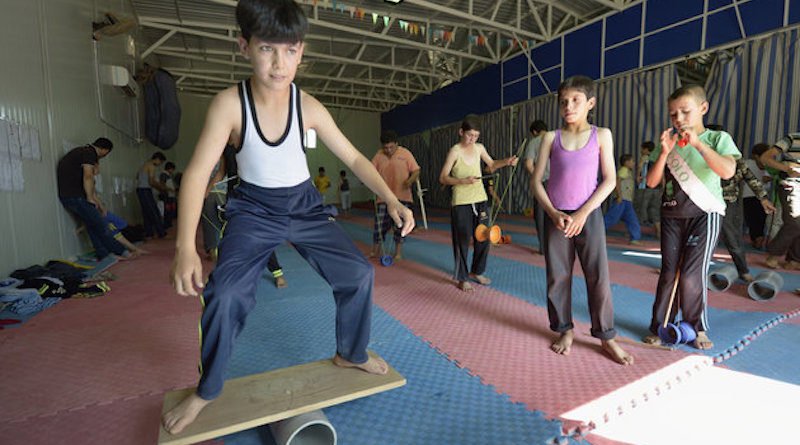
Circus as Intercultural Encounter
The Guidebook has arrived!
After 3 years of work, we are so proud to finally present you with the finalised guidebook. Please feel free to download the doucment, and print it at home. It is a working document, designed to be written in with your own reflections of the topics presented, and used as inspiration for your own work in intercultural settings. Enjoy!
Partners
Zaltimbanq (applicant) – Luxembourg
Caravan – Belgium
University College Dublin – Ireland
Altro Circo – Italy
Sirkus Magenta – Finland
Circus Planeet – Belgium
Skala – Slovenia
Palestinian Circus School – Palestine
Objectives
The proposed project seeks to promote intercultural dialogue and strengthen knowledge and acceptance of diversity in society by advancing the capacity of social circus trainers.
This project also aims to developand disseminateof a training programme of innovative skills and practices of intercultural dialogue necessary for effective anti-racism and social inclusion interventions, particularly relating to the circumstance of communities of refugees, asylum seekers and new migrant youth.
The above will take placethrough the following actions:
• a needs analysis of circus organisations regarding their current intercultural capacities, in order to identify gaps and create opportunities for further innovations in circus practice
• the design of a new training programme for trainers in circus organisations working with refugee and newly arrived migrant youth, to deepen their skills and competencies of teaching and pedagogy, creativity and leadership in their practice and in their organisations. This will be included within the framework of existing training programmes, in particular Caravan’s Circus Trans-Formation (CTF) in Action
• publication and dissemination of a Training Guidebook on the social circus methodology for youth workers operating in intercultural settings
Participants
The following participant groups are involved in this project:
a) The Research Coordination Team, ca. 4 participants, consisting of one researcher from UCD, one researcher and one coordinator from Caravan and one researcher from Altro Circo-Giocolieri e Dintorni.
b) The project coordinatorsfrom each partner organisation, ca. 8 participants. They work as coordinators within their organisation and during the project.
c) The field researchers from each circus school, ca. 6 participants. They willresearch the practices of the organization in question while possibly investigating the actions of their own colleagues. Each partner organisation will try as much as possible to involve field researchers with various ethnic background. As far as possible, the field researchers are themselvesrefugees or migrants, which can provide them with lenses to observe and analyse power structures and discrimination in a different perspective.
d) The social circus trainers, ca. 14 participants, consisting of social circus trainers who are the ones teaching circus to migrant and refugee youth within the partner organizations. They will attend the pilot training in Luxembourg, where they will take part in the various training activities designed after the research. During this process, they will share their feedback, express their learning and highlight expectations they had that were not covered in the training programme.
This project is funded by the Erasmus + programme
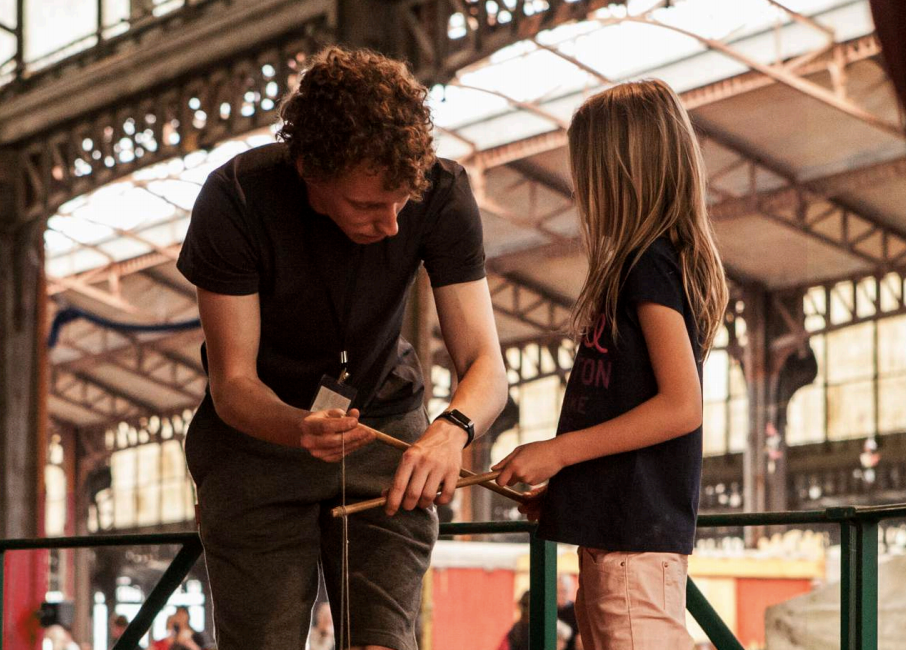
Circus+
Circus+ took place between 2014 and 2016, hoping to identity the professional profiles that exist within youth and social circus organisations, to identify existing training programmes and where necessary create the foundations for the future training programmes.
Findings and conclusion:
- Mapping of the existing training programmes in the partner countries
During the two years of work, Circus pedagogues, academics and Caravan mapped the existing training programmes in the partner countries. From the mapping it was clearly apparent that the
educational offers were oriented more towards the competences and the artistic field than the use of circus arts as a learning or a teaching tool for young people. - Needs analysis within the youth and social circus sector
The results showed that presently, the majority of people are working within the field of « performing arts », this is closely followed by the field of « circus trainer/teacher » (especially in Finland).
The most needed competences are technical competences but also and more specifically, pedagogical competences. Many professionals working in the youth and social circus sector have a
basic education in pedagogy (most of them have a level 4 or 5 education). It would therefore appear that there is a need for training programme for « circus trainers/teachers » at level 6. - Development of the job profile of the youth and social circus teacher for levels 4 & 6 cf table next page
- Framework of competences
The two job profiles were the basis of the two related framework of competences. The frameworks were created in relation with certain competences described in the Circus Transformation project. - Perspectives
The framework of competences will guide the creation of the curriculum and the evaluation of the students attending the future training programme. Caravan is now planning to implement a three-year in which the partners will reflect upon the establishment of university curriculum integrationg these competences.
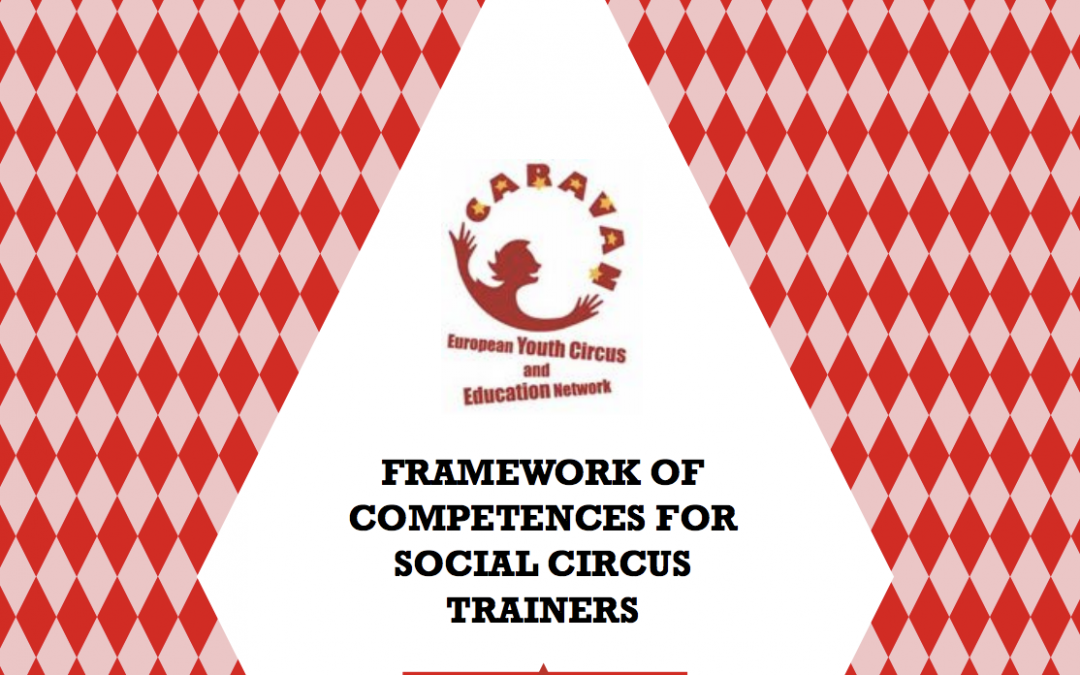
A New Spirit for Europe
This European project took place from 2009 to 2011 under the Lifelong Learning programme of the European Commission. This research in the field of social circus developed a proper bottom-up methodology based on field analyses, which enabled to bring up the specific competences a social circus trainer needs to acquire. It resulted to the creation of the framework of competences for social circus trainers and the definition of social circus.
The result of this research can be dowloaded here:Framework of competences
Email info@caravancircusnetwork.eu
Phone +32 (0)492 12 71 71
Rue Picard 3
1000 Brussels
Belgium
Made by Alice Toullec & Alex Craste
